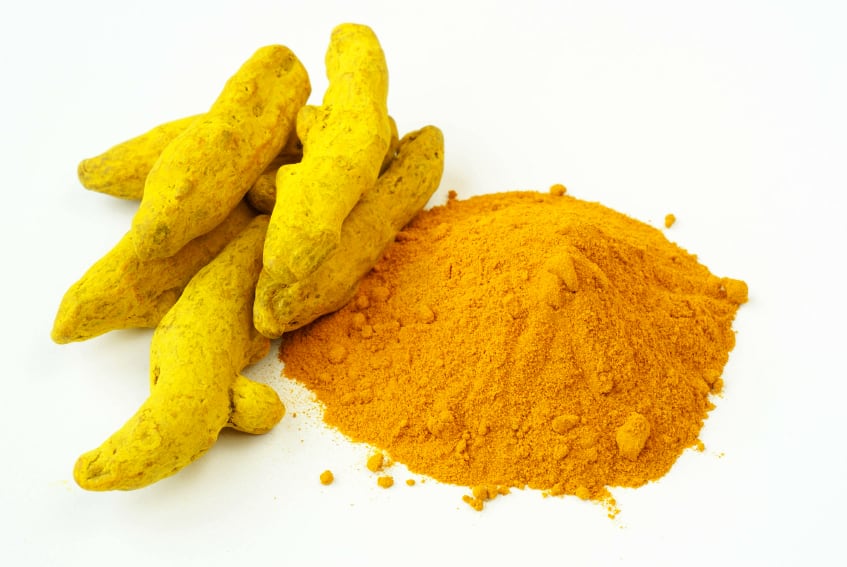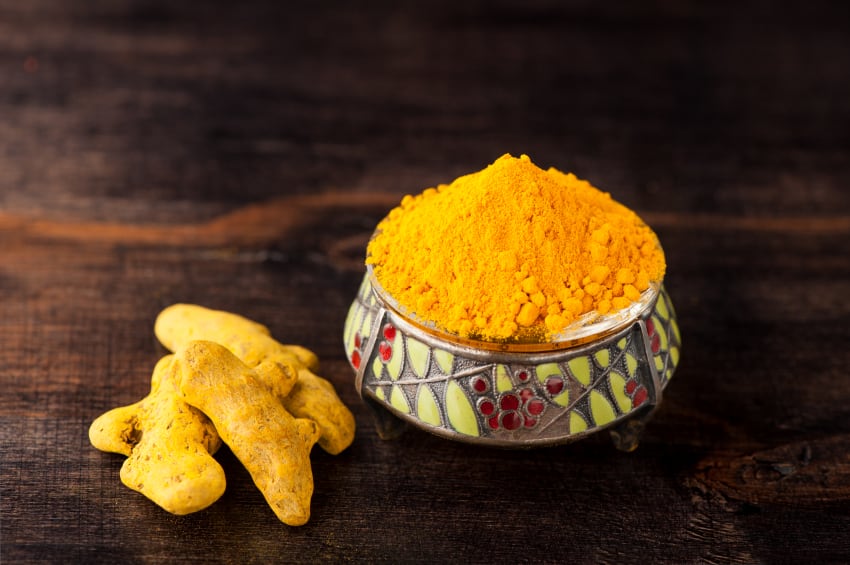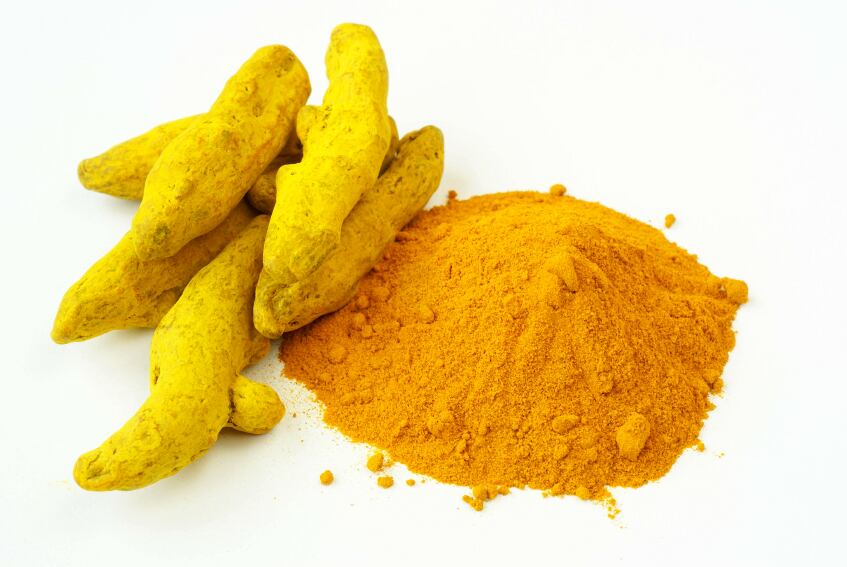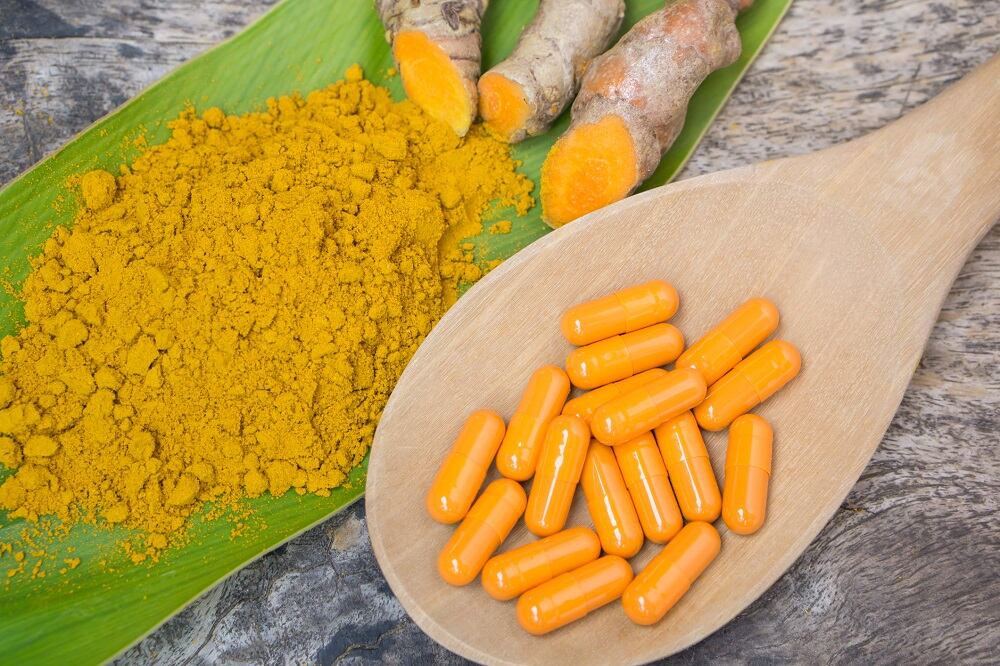In a 7 June update to the list of withdrawn products, ’Rubigen turmeric and piperine’ (lot 210219 deadline February 2022) – Naturfarma and ‘Piperina and Curcuma plus HTF Group San Marino’ (lot 2379) produced by ALSA LAB, become the latest products withdrawn by Italian authorities.
This follows a list of curcumin-based products updated earlier this week (4 June) by Italy’s National Institute of Health, which brings the total number of identified goods to 18, in what is now a Europe-wide issue.
These include ‘Curcuma Piperina Abbè Roland,’ produced by Studio 3 Farma srl, ‘Versalis’ (lot I 0187, deadline 01/2022) - Geofarma srl - produced by Labomar srl, ‘Rubigen turmeric and piperine’ (lot 250119) – Naturfarma and ‘Curcumin + piperin’ - Vegavero - produced by Vanatari International GMBH, Berlin.
Other items include ‘Tendisulfur Forte sachets’ - Laborest Italia srl produced by Nutrilinea srl, ‘Cartijoint Fort’ (lot 24/18) - Fidia Farmaceutici spa produced by Sigmar Italia spa and ‘Liposomal turmeric plus black pepper,’ (lot 1810224, deadline 10/21), produced by Laboratories Nutrimea in France.
“The verification is ongoing to identify the cause responsible for the cases of hepatitis,” the Ministry repeated. “Pending the analysis, consumers are urged to interrupt the consumption of these products temporarily.”
While the first case of hepatitis was reported back to December, the problem has intensified in recent weeks. According to local Italian media, the latest four cases occurred in Tuscany, resulting in a regional response from the authorities to establish where the “contamination” originates.
Contamination of these supplements is one of a number of possibilities with authorities stressing their investigations are ongoing.
While turmeric and curcumin remain in the spotlight, authorities have to consider the curcuminoids, piperine, vitamins and excipients contained within the supplements under investigation.
Impact on industry
Whatever conclusions the authorities come to, there is little doubt that the situation has caused much reputational harm to the region’s curcumin sector and its stakeholders.
For these companies, the issues run deeper with production chains, external suppliers and outsourcing companies all caught up in the situation as it rumbles on.
“The investigation is still on-going and we are waiting for the final outcome of the Italian Ministry of Health, with which we are in contact with,” said Indena, an Italian-based botanicals firm.
“Indena has always pursued a strict policy of quality from the very first stage of sourcing, through production, to the release of its botanical ingredients.
“Regarding turmeric, analyses is routinely performed on the starting herbal material (the Curcuma longa rhizomes), on curcumin (a mix of the three main rhizome constituents), and on the final solid dispersion (curcumin phospholipids).
“Analyses of Curcuma longa rhizomes includes botanical controls to certify the used species (Curcuma longa L), according to the European Pharmacopoeia, chemical controls and genome identification.
“Chemical and microbiobial controls are also applied to curcumin and curcumin phospholipids as well as controls for potential contaminants (residual solvents, pesticides-around 500 residues, aflatoxins, heavy metals)
“Curcumin is also subject to controls for the potential contamination of synthetic products (14 C, LSC).”
FederSalus, the association representing Italian manufacturers and distributors of health products, stated that the authorities were “still missing evidence.”
In a hint that the association were becoming increasingly frustrated at the pace of the investigation, they added that association representatives were available to the competent authorities to “speed up” checks on products made from turmeric.
“To date, the authorities have not identified any possible cause of adverse effects against this plant,” the group emphasised.
“Its use as a food additive (E100 curcumin) has been judged safe by the European Food Safety. Production companies and marketers of dietary supplements are sharing with the competent authorities all relevant information to the traceability of products and the possible identification of risk and are including all the actions necessary to guarantee consumer safety.
“The Association reports in the interest of the health and safety of consumers of operator’s willingness to collaborate with institutions to identify useful procedures in defining an effective system.”
A difficult situation
Italy’s SISTE scientific association, a non-profit organisation focused on botanical-derived health products said that explaining what was happening in the country was far from simple.
“If it is true that these products are not contaminated (as the first analyses seem to confirm), other hypotheses, such as the adulteration with other raw material substances remain valid.
“Also possible are the 5% of cases reported that are attributable to idiosyncratic reactions related to curcumin, which have been documented,” they add.
“These reactions can include those caused by other food and drugs that occur in subjects naturally predisposed to them.
“It is possible that during this period some people were excessively exposed to the substance or to the synergistic effects with drugs taken at the same time.”
Dr Fabio Firenzuoli, head of the Center for Research and Innovation in Phytotherapy and Integrated Medicine at the Careggi Hospital in Florence discusses the issue of adulteration in more detail.
“Curcuma longa is used as a medicinal plant,” he explains. “Other types of turmeric have a similar appearance but contain substances called terpenes, including for example zederone, which can have a hepatotoxic effect.
“The efficacy and safety of turmeric as a medicinal plant are amply demonstrated by scientific literature,” said Dr Firenzuoli, who is also a teaching fellow in herbal medicine at Florence University.
“The cases of hepatitis are probably the result of an accident that needs to be analysed and understood, but the properties of turmeric - which also has hepatoprotective and anti-inflammatory effects - are not called into question."
Dr Firenzuoli opinions ring true considering the ingredient is used in numerous food supplements and cuisine around the world for decades. According to him, over four million turmeric products were sold in Italy in 2018.
During this time there have been very few adverse events reported either in Italy or in other parts of the world.
Dr Firenzuoli adds that there has only been one case recorded for each of the products identified – a very small number considering the large number of consumers who may have consumed the items in question.
“Turmeric possesses a lot of health benefits as shown in the scientific literature,” added Indena.
“It should be emphasised that the correct use of an ingredient is a fundamental condition for the overall safety of food supplements, as well as any other product of which it is part.”
“We’re confident that this issue will be positively concluded, we keep working - as usual - according to our strict safety and quality policy from the first to the last stages of sourcing, production and release of our botanical ingredients.”




